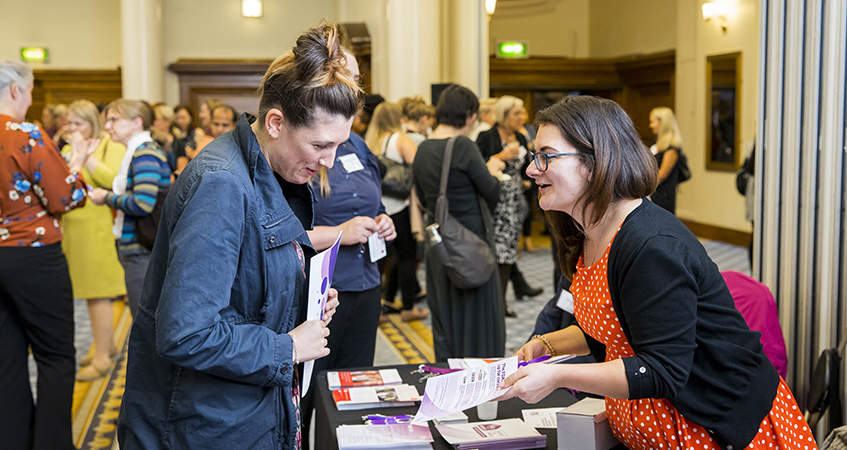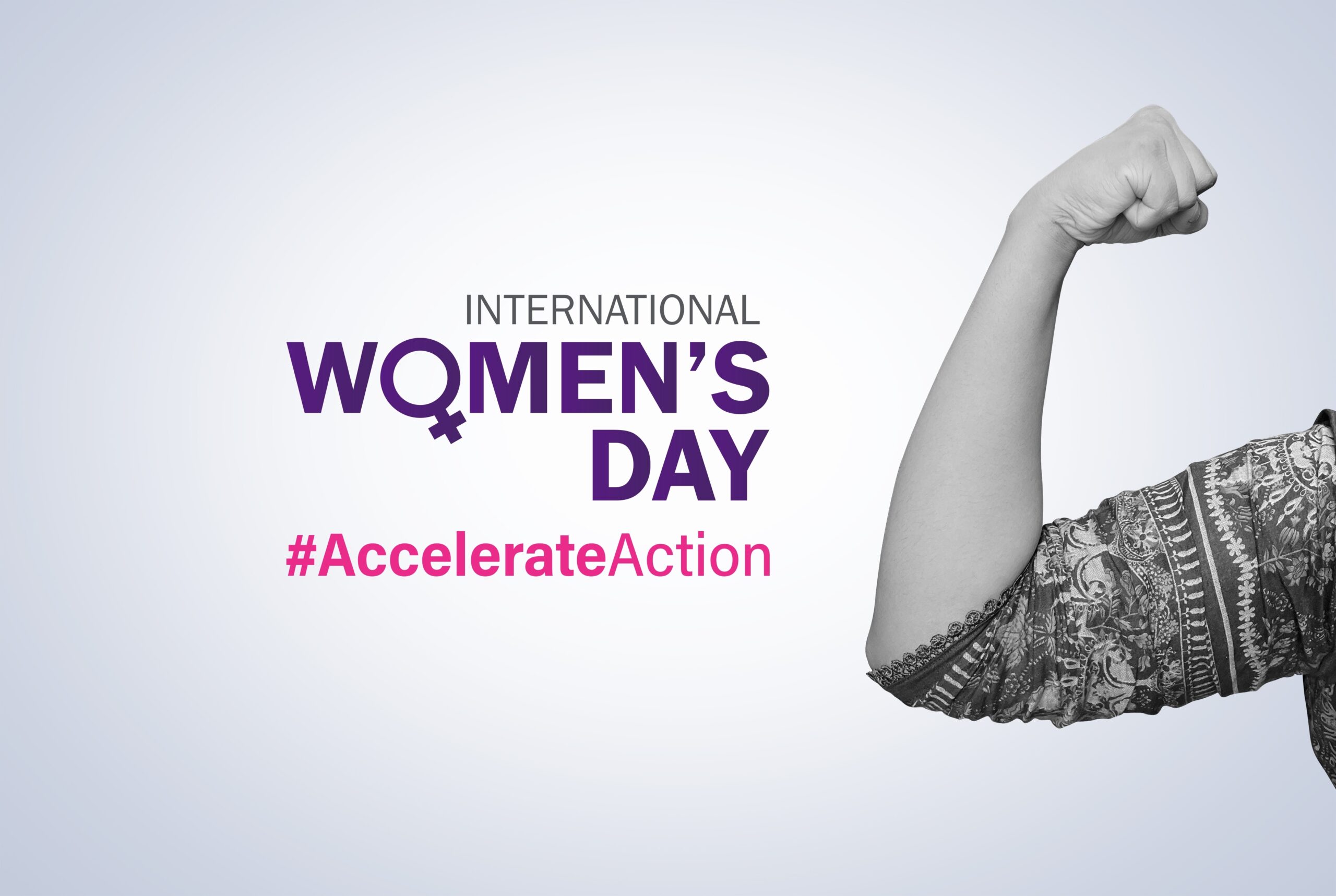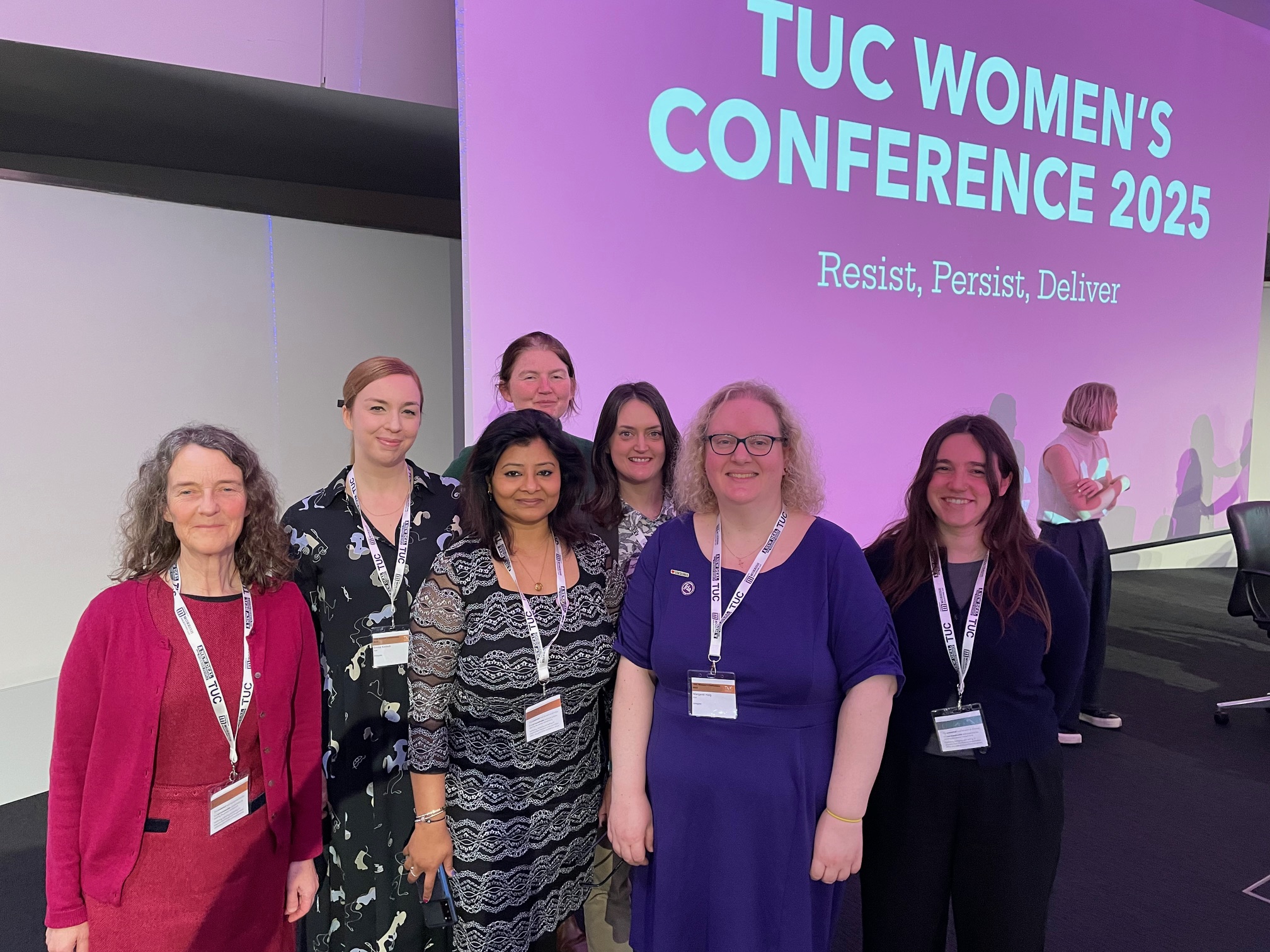Equal Pay Day 2018: The civil service is falling short

©Visual Eye/Dods
Saturday 10 November marks the day that most women across the country effectively stop earning because of the size of the UK Gender Pay Gap. But if you are one of the lucky few who works for the civil service, fear not! The latest figures show the Civil Service pay gap is sitting at 12.7%, while the national average for full-time workers is 14.1%. So, you can carry on earning for an extra five days – meaning you only work 46 for free. What more could a woman want?
Being fairly paid for the work you do isn’t a big ask, but the civil service is failing many by falling short of this basic requirement. This summer I called on David Lidington, the Minister for the Cabinet Office, to be a champion for civil servants’ pay and to address the growing gender pay gap in the Senior Civil Service. I’m still waiting for a response.
To give credit where it is due, the civil service is taking baby steps to reduce the gender pay gap. An increase in flexible working, more senior job shares, and the increasing profile of the Cross-Government Women’s Network are all helping move things along.
But there is still work to be done.
I’m still frequently contacted by members who want to know why they are being paid less than their colleagues while doing the same work. Often an issue has arisen over time, with restructures, job moves, maternity leave and part time working combining to leave women paid less than their male counterparts. The inequity in pay leaves individuals feeling undervalued, demoralised and – to put it bluntly – ready to leave.
I spoke with Emma Hawksworth, Principal Lawyer at Slater and Gordon to get her take on the gender pay gap. “The right to equal pay has been enshrined in our legislation since 1970 and is one of our oldest employment protections,” she explained “However, with the gender pay gap still standing at around 14%, there is still a long way to go before equal pay becomes a reality.
“Women who are paid less than men doing the same or a similar role, or a role of equal value to theirs, may have a legal claim against their employer. (The reverse situation, a man being paid less than a female comparator, arises much less frequently but also gives rise to a potential claim.)”
Unfortunately, if you suspect your pay is lower than your colleagues, it can be difficult to know for sure, which Emma believes is down to the fact that “pay is a private matter for most people”.
So, what can you, as an individual, do to help?
- Talk about pay with your colleagues – it doesn’t make you nosy or intrusive! Starting a conversation about how much you earn for the job you do can help identify issues, and see if anything unjust and potentially illegal is going on.
- Ask your employer what the pay gap is in your workplace, or even in your directorate or team. Let them know that it’s important to you that all staff are treated fairly when it comes to what they’re paid for the work they do. A useful step you can take is to ask your employer for more information about your pay position using the Acas procedure for asking questions about discrimination. This has a section specifically dealing with equal pay and can be found here.
- As a manager, think about those who work part-time. Are their jobs suitably adapted to fit around their working pattern, or are they just expected to do the same work in less time?
- Join your union! We can provide representation, legal advice and negotiate on your behalf to address anomalies and find solutions.
Equal Pay Day gives us the opportunity to reassert our commitment to fight for fair pay across the civil service. It’s something we do for members across the FDA on a regular basis and we’ll not stop making noise about the gap between the earnings of men and women until it no longer exists. Only another 100 years to go…
Related News
-

FDA attends TUC Young Workers’ 2025
This March, an FDA delegation attended the annual TUC Young Workers’ Conference in Congress House, London.
-

FDA celebrates Women’s History Month 2025 with panel event
To celebrate Women’s History Month and International Women’s Day 2025 the FDA hosted a panel event looking at the history of women in the civil service and within the trade union movement.
-

FDA attends TUC Women’s Conference 2025
A delegation of FDA members attended TUC Women’s Conference 2025, held in Congress House, London, from 5-7 March.